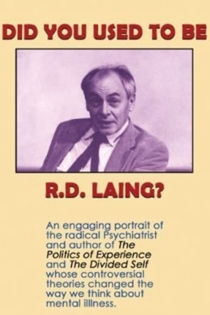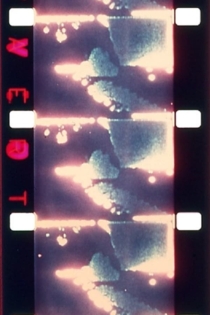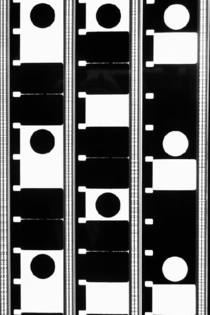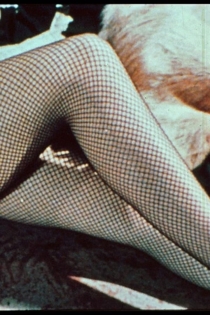
Kirk Tougas
2021Did You Used to Be R.D. Laing?
Andrew Feldmar, Kirk Tougas
R.D. Laing, Andrew Feldmar
A solo show whose subject - the controversial Scottish psychiatrist Ronald David Laing - has largely faded from public view, starring an actor who doesn't impersonate him. Scottish actor explores Laing's life and work from the perspective of an unnamed genial ad mirer who says he has just come from Laing's funeral in 1989.
Did You Used to Be R.D. Laing?

The Politics of Perception
Kirk Tougas
Following an introduction which establishes the social context of the film, ‘The Politics of Perception’ presents a one-minute promotional film advertising a popular Hollywood thriller. This section then repeats itself: a print is generated from the one-minute segment, then a print from the print, and so on as the image and sound slowly disintegrate with each new cycle, until the visual and sound information have completely evolved to white light and white noise. The most original film from the Northwest area. ‘The Politics of Perception’ explores conceptually the paradoxes of communication and the very nature of film itself, progressing from movie reality to its utter abstraction. A maddeningly stimulating work!
The Politics of Perception

The Framing of Perception
Kirk Tougas
"I saw the light..." Sun, light, darkness, shadow -- from time immemorial all weighted with significance and wonder. What mastery over nature, over others, to grasp the sun, control light itself! Know its speed, its heat, its colour, its radiation, its nature - is this not the power of the gods? Cinema is messaging with light and shadow. Figure and ground. Light, onto which we project significance, now transports our information. Perception shaped by our experiences, our interpretations, our projections, our illusions. Frames of drama and comedy, journalism and documentary, propaganda and advertising, all combined daily and edited, reproduced for mass consumption. What is the message?
The Framing of Perception

Letters from Vancouver
Kirk Tougas
Letters from Vancouver comprise two films, made at the same time, that share a common interest in "the medium is the message" (McLuhan), and form a reflexive, self-referential enquiry into the film medium itself. Together, "The Politics of Perception" and "The Framing of Perception" form a meditation on our audio/visual creation, bearer of information and culture, meaning and representation. It is a medium with extraordinary powers, able to evoke the deepest feelings of love and loss, anger and fear, laughter and thoughtfulness, yet of great fragility, fading with time, precarious on a perforated strip of celluloid.
Letters from Vancouver
